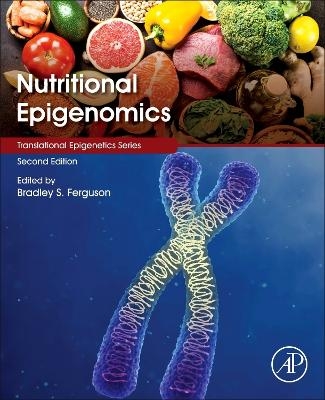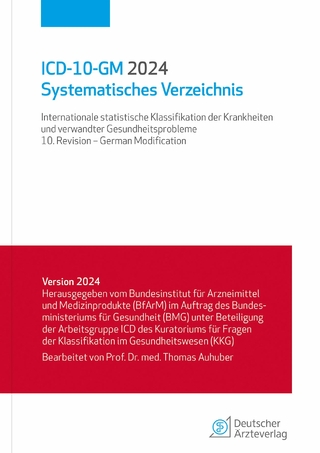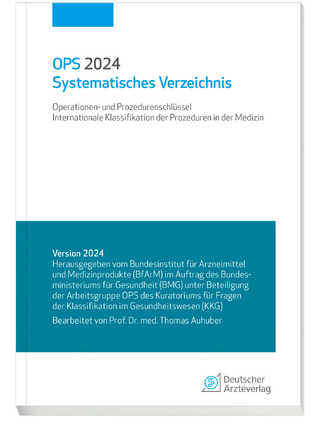
Nutritional Epigenomics
Academic Press Inc (Verlag)
978-0-443-15572-7 (ISBN)
- Noch nicht erschienen (ca. März 2025)
- Versandkostenfrei innerhalb Deutschlands
- Auch auf Rechnung
- Verfügbarkeit in der Filiale vor Ort prüfen
- Artikel merken
Dr. Bradley Ferguson is Assistant Professor of Nutrition at the University of Nevada, Reno, NV. His lab adopts integrative, translational research approaches that encompass bioinformatics, in vitro cell culture, and in vivo animal models to elucidate dietary food components that act as epigenetic modifiers, as well as the role of dietary epigenetic modifiers on pathological cardiac signaling, gene expression, and remodeling. He also seeks to understand how acetylation and deacetylation links metabolic disease (obesity and diabetes) to pathological cardiac remodeling and dysfunction. Dr. Ferguson has published his findings across a wide range of peer reviewed journals, including Scientific Reports, Journal of Animal Science, Current Pharmaceutical Design, and the Journal of Molecular and Cellular Cardiology.
SECTION I Introduction 1. Introduction to nutritional epigenomics SECTION II Epigenetic regulators 2. DNA methylation and chromatin modifications 3. Small non-coding RNAs as epigenetic regulators SECTION III Epigenomic regulation of disease 4. The impact of race and ethnicity in the social epigenomic regulation of disease 5. The epigenomic impact of methylation in metabolic dysfunction and cancer 6. The role for DNA/RNA methylation on neurocognitive dysfunctions 7. Histone acylation in the epigenomic regulation of insulin action and metabolic disease 8. Cancer and non-coding RNAs 8. Race in the social-epigenomic regulation of pre- and perinatal development 9. Social and Physical environments in the control of DNA methylation and inflammation during early development 10. Maternal nutrition, epigenetic programming and metabolic syndrome 11. Epigenetic inheritance of metabolic signals 12. The paternal diet regulates the offspring epigenome and health SECTION V Nutritional epigenomics and the circadian clock 13. The interplay between diet, epigenetics and the circadian clock 14. Epigenetic regulation of the fetal circadian clock: implications for nutritional programming of circadian and metabolic function 15. The role for the microbiome in the regulation of the circadian clock and metabolism SECTION VI Caloric restriction and exercise in the epigenomic regulation of aging and disease 16. Epigenomic reprogramming of caloric restriction on aging 17. Dietary restriction in the epigenomic regulation of cardiovascular diseases 18. Epigenomic adaptations of exercise in the control of metabolic disease and cancer SECTION VII Macro- and micronutrients as epigenomic regulators of health and disease 19. B-vitamins and one-carbon metabolism: impacts on the epigenome during development 20. Food bioactives in the epigenomic regulation of metabolic disease 21. Phytochemicals as dietary regulators of the cancer epigenome 22. Regulation of non-coding RNAs by phytochemicals for cancer therapy 23. Short chain fatty acids as epigenetic and metabolic regulators of neurocognitive health and disease
| Erscheint lt. Verlag | 1.3.2025 |
|---|---|
| Reihe/Serie | Translational Epigenetics |
| Verlagsort | San Diego |
| Sprache | englisch |
| Maße | 191 x 235 mm |
| Themenwelt | Informatik ► Weitere Themen ► Bioinformatik |
| Studium ► 2. Studienabschnitt (Klinik) ► Pharmakologie / Toxikologie | |
| Naturwissenschaften ► Biologie ► Genetik / Molekularbiologie | |
| ISBN-10 | 0-443-15572-0 / 0443155720 |
| ISBN-13 | 978-0-443-15572-7 / 9780443155727 |
| Zustand | Neuware |
| Haben Sie eine Frage zum Produkt? |
aus dem Bereich


